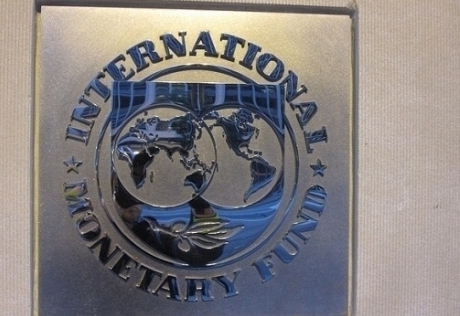IMF representatives express concern over the new Romanian Tax Code
August 06 2015

The Tax Code as approved by the
Romanian Parliament would generate an increase of the budget deficit
to 3pct of the Gross Domestic Product (GDP); it would endanger the
economic achievements obtained by Romania in the past years and cause
a return to austerity, reads the document "A Critical Decision"
signed by Andrea Schaechter, International Monetary Fund mission
chief for Romania, and Guillermo Tolosa, IMF resident representative
for Bulgaria and Romania. "Romania has made significant
strides over the last seven years to fix its embattled public
finances. We are concerned that the Fiscal Code in its current form
would put these achievements at risk. It would entail a yearly loss
of revenues of about 2. 2 percent of GDP and an increase in the
fiscal deficit to at least 3 percent of GDP, putting public debt on
an upward trajectory. Alternatively, to keep the deficit in check it
would require a downsizing of government expenditure a s well as
forgoing new spending initiatives, including for infrastructure,
defense, wages, health or education. Is there an alternative third way that
would allow Romania to gradually lower its public debt, alleviate the
tax burden, and fund new projects? We believe there is, if the scope
and speed of tax policy measures as well as new spending plans are
more moderate. Below we put forward some arguments for adjusting the
Fiscal Code with such an option in mind. The IMF representatives mention the
need for a sustainable fiscal policy with well timed measures.“The current proposed tax package is
almost exclusively directed to spur consumption, which is already the
fastest growing part of the economy. The benefits of consumption —
boosting tax policy initiatives are likely to be short — lived if
there is little growth in investment.” The document offers the path to
concrete actions on three levels: better tax collection, more
efficient public spending, and shifts from nationally financed
investment toward EU — funded projects. “In summary. revisiting the Fiscal
Code in Parliament is an opportunity to clarify the medium — term
fiscal priorities, assess realistically the size of fiscal space and
the speed at which it can be created, and rescale the proposed tax
cuts accordingly. It will be a critical decision to preserve the hard
— won achievements of macroeconomic stability." The text published on the web page of
the Resident Representative Office in Romania.
Economics - Latest news



 (1).jpg)


